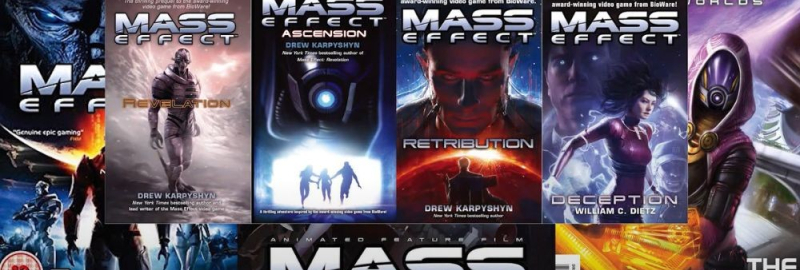
As the worlds of video games and literature increasingly overlap, there is an emerging genre that seamlessly blends the thrilling action of gaming with the deeply immersive narratives found in novels. For fans looking to dive deeper into the universes they love or discover new facets of their favorite stories, these companion books offer a treasure trove of lore and backstory. Here, we explore five video games that have spawned exceptional literary adaptations that both complement and enhance their digital counterparts.
The Witcher Series: "The Last Wish" by Andrzej Sapkowski
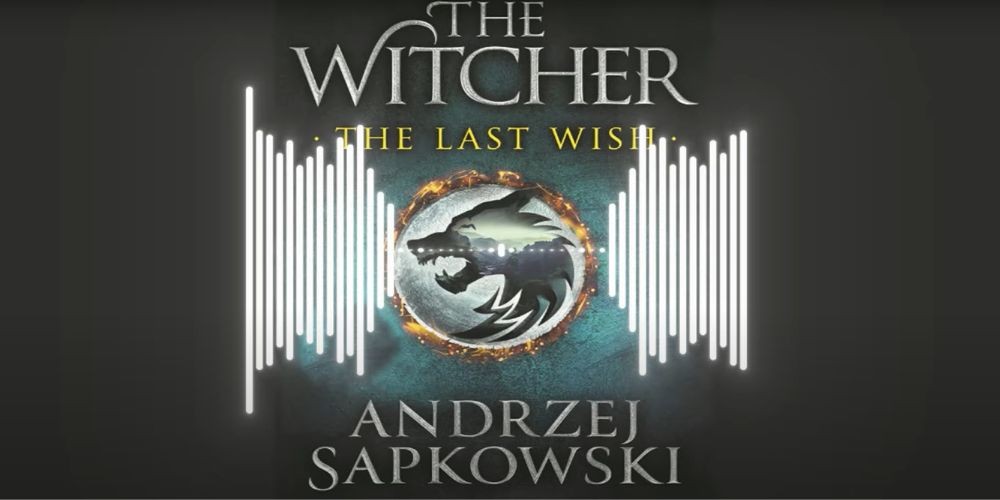
The vivid realm of The Witcher, made famous by the game series from CD Projekt Red, originates from the mind of Polish author Andrzej Sapkowski. "The Last Wish" stands as the first collection of short stories chronicling the adventures of Geralt of Rivia, introducing readers to the intricate web of politics, love, and eldritch horrors that permeate this world. The game developers drew direct inspiration from the books, making the novels essential reading for those looking to appreciate the game on a whole new level.
- Pros: Deepens understanding of the game's world and characters, beautifully written narration, adds depth to the game's choice-driven storytelling.
- Cons: Some may prefer the game's interpretation of certain characters or events.
BioShock: "Rapture" by John Shirley
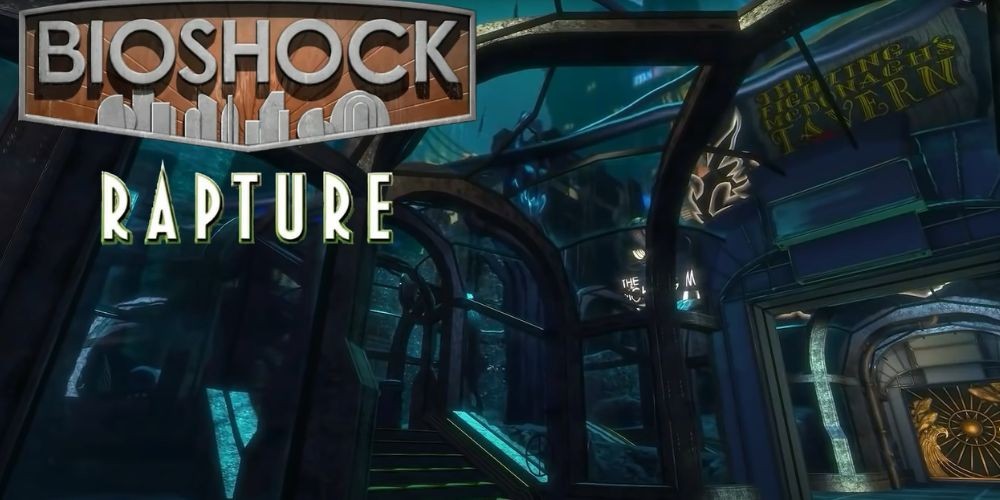
Considered a classic of game storytelling, BioShock's dystopian Rapture stands as an enigmatic backdrop for a game that tackles themes of free will, objectivism, and the darkness of human nature. John Shirley's "Rapture" takes players back to the origins of this underwater city, exploring its creation and the utopian dream that led to its downfall. Through the eyes of familiar characters, fans can learn more about the philosophies and conflicts that shaped the haunting environment they explored in the game.
- Pros: Expands on beloved elements of the game's setting and storyline and provides insight into character motivations.
- Cons: Readers seeking new narratives might want more beyond the retelling of a story they've already played.
Halo: "The Fall of Reach" by Eric Nylund
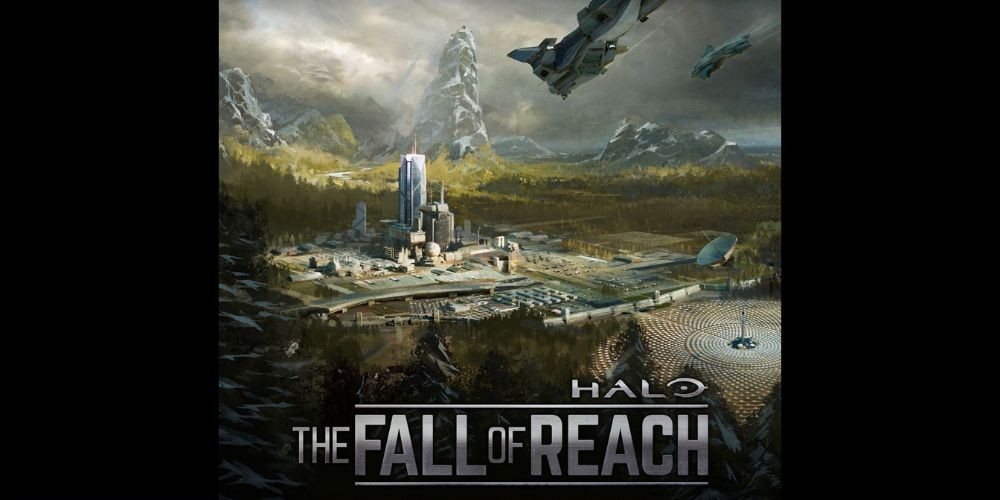
The Halo franchise is well-known for its expansive universe and the heroic tales of Master Chief. Eric Nylund's "The Fall of Reach" serves as a prelude to the initial game, covering the origins of the Spartan program and the fateful events leading up to the human-covenant war. Fans who admire the lore of Halo will find this deep dive into the franchise’s backstory an enriching companion to their experience.
- Pros: Offers history and context that the games only hint at adds layers to the character of Master Chief.
- Cons: Sometimes, the military sci-fi jargon might be heavy for readers not acclimated to the genre.
Mass Effect: "Revelation" by Drew Karpyshyn

With its choice-driven narrative and complex universe, the Mass Effect series has captivated players willing to shoulder the fate of the galaxy. "Revelation," penned by Drew Karpyshyn — who also served as the game's writer — acts as a prequel, giving fans context about the enigmatic Saren and the human Spectre, David Anderson. The novel enriches the lore of Mass Effect, providing an invaluable backdrop to the galaxy’s strained interspecies politics and burgeoning conflicts.
- Pros: Strengthens understanding of pivotal characters' histories and provides a backstory that enriches gameplay experiences.
- Cons: Readers familiar with the plot may desire fresh storylines.
Dragon Age: "The Stolen Throne" by David Gaider
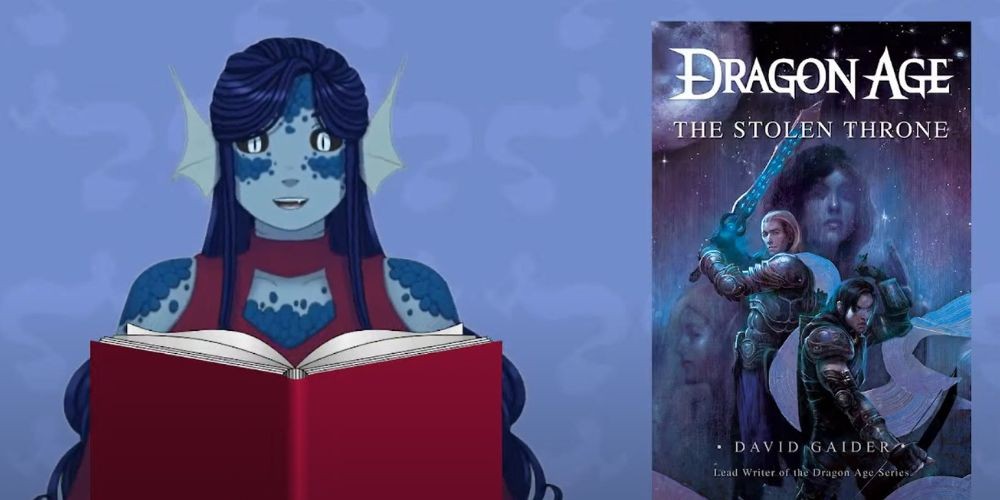
Crafting a backstory for a vast world like Dragon Age is no small feat, but "The Stolen Throne" by David Gaider — who worked on the game — tells a compelling tale that precedes the events of Dragon Age: Origins. Following the story of a young Maric as he fights to reclaim his kingdom from usurpers, the book is a must-read for fans who seek to delve deeper into Thedas' history and culture while gaining additional insights into the game’s events and characters.
- Pros: Adds complexity to the game's already intricate political landscape and offers backstory to elements only referenced in-game.
- Cons: Some fans may prefer more stories centered on their game protagonist rather than historical figures.
After surveying fan responses and critical acclaim, among these literary ventures, "The Last Wish" by Andrzej Sapkowski seems to resonate deeply. As the foundation for a series that has subsequently spanned both games and television, the Witcher books notably excel in blending engrossing narrative with fleshed-out character arcs that both enhance and precede the tale of the Witcher games. It stands as a testament to the power of well-crafted storytelling and how it can transform and enrich the worlds we explore digitally.


